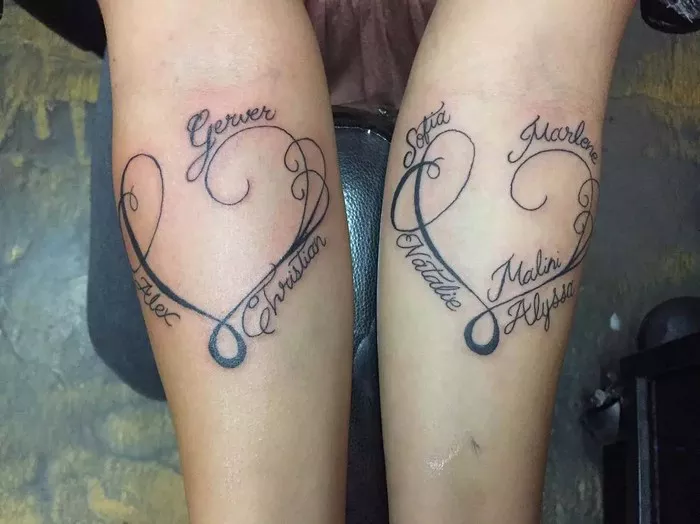In recent decades, tattoos have become increasingly prevalent in mainstream society, adorning the bodies of individuals from all walks of life. Once considered taboo or associated primarily with counterculture movements, tattoos have transitioned into a widely accepted form of self-expression. From intricate designs to meaningful symbols, the motivations behind acquiring tattoos are as diverse as the individuals who bear them. This article delves into the multifaceted reasons why so many people choose to permanently ink their skin, exploring the psychological, cultural, and social factors driving this phenomenon.
Self-Expression and Identity Formation
At the core of the tattoo phenomenon lies the human desire for self-expression and identity formation. Tattoos serve as a visual medium through which individuals can communicate aspects of their personality, beliefs, and experiences to the world. Whether it’s a tribute to a loved one, a representation of cultural heritage, or simply an artistic expression, tattoos provide a canvas for individuals to carve out their unique identities.
For many, tattoos symbolize a sense of empowerment and autonomy over their bodies. In a world where societal norms and expectations often dictate appearance and behavior, tattoos offer a means of reclaiming ownership and asserting individuality. By choosing to permanently mark their skin with designs of personal significance, individuals assert their right to self-determination and challenge conventional notions of beauty and conformity.
Personal Significance and Symbolism
The motivations behind getting a tattoo are deeply rooted in personal significance and symbolism. Each tattoo holds a unique meaning for the individual wearing it, serving as a tangible reminder of significant life events, values, or aspirations. Whether it’s a quote that resonates deeply, a symbol of resilience and overcoming adversity, or a representation of cultural heritage, tattoos often carry profound emotional weight for their bearers.
Moreover, tattoos can serve as a form of commemoration and remembrance. Many individuals choose to ink their skin in honor of loved ones who have passed away or to immortalize meaningful relationships and experiences. In this way, tattoos become not only a form of self-expression but also a form of storytelling, preserving memories and narratives for posterity.
Artistic Expression and Aesthetic Appeal
Beyond their symbolic significance, tattoos are also appreciated for their artistic merit and aesthetic appeal. The human body serves as a living canvas, inviting artists to create intricate designs and masterpieces that meld seamlessly with its contours. From traditional tribal motifs to photorealistic portraits, the range of artistic styles and techniques employed in tattooing is vast and diverse.
For many tattoo enthusiasts, the allure lies in the process of collaborating with skilled artists to bring their creative visions to life. The act of getting tattooed becomes a transformative experience, with individuals actively participating in the creation of wearable art that reflects their tastes and sensibilities. In this sense, tattoos serve not only as personal adornments but also as expressions of appreciation for the craft and skill of tattoo artists.
Social and Cultural Influences
The popularity of tattoos is also influenced by broader social and cultural factors that shape attitudes towards body modification. In recent years, tattoos have gained greater acceptance and visibility in mainstream media and popular culture, with celebrities and public figures proudly displaying their inked skin. This increased visibility has helped to destigmatize tattoos and challenge stereotypes associated with them, paving the way for greater societal acceptance.
Furthermore, the rise of social media has played a significant role in the proliferation of tattoo culture, providing a platform for individuals to showcase their tattoos and connect with like-minded enthusiasts from around the world. Platforms such as Instagram and Pinterest have become virtual galleries where tattoo artists can showcase their work and potential clients can find inspiration for their next tattoo. This online community fosters a sense of camaraderie and belonging among tattoo enthusiasts, further fueling the popularity of tattoos as a form of self-expression.
Conclusion
In conclusion, the ubiquity of tattoos can be attributed to a complex interplay of psychological, cultural, and social factors. From serving as a means of self-expression and identity formation to embodying personal significance and artistic expression, tattoos hold a myriad of meanings for those who choose to adorn their bodies with them. As societal attitudes towards tattoos continue to evolve and mainstream acceptance grows, it’s clear that tattoos will remain a prominent and enduring form of personal expression for generations to come.


